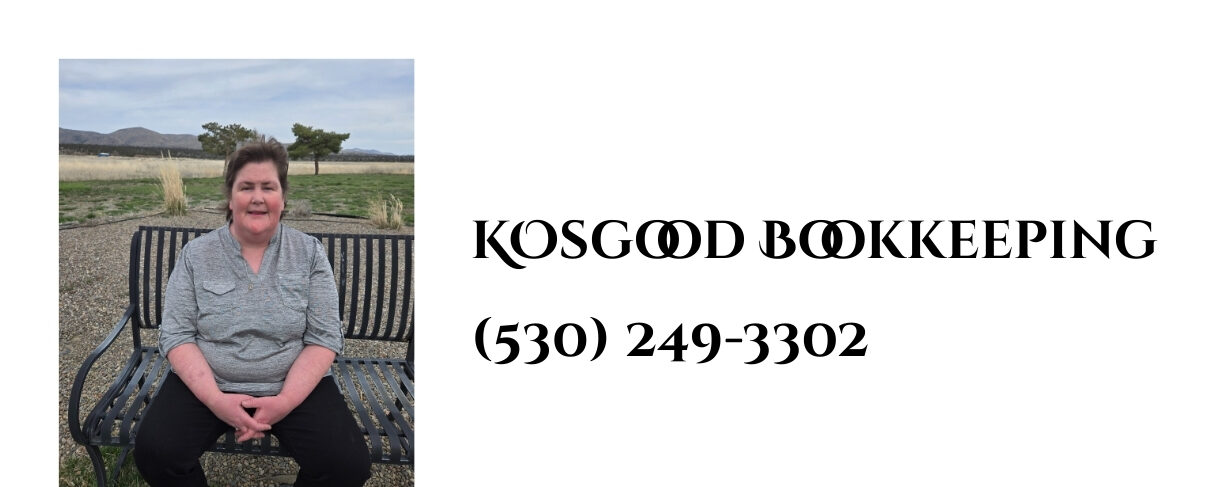
Keeping your bookkeeping organized doesn’t have to be overwhelming, but it needs consistency. Setting aside time each week to handle a few essential tasks can prevent costly mistakes, missed deductions, and end-of-year chaos. Here are the core bookkeeping tasks every business should do weekly to stay on track.
Review and Categorize Transactions
Review all transactions that have cleared your bank and credit card accounts every week. In QuickBooks Online, use the Banking tab to review, match, and categorize incoming transactions.
Actionable steps:
- Open Banking > Bank Transactions
- Review all new transactions
- Use consistent categories (e.g., Office Supplies, Advertising, Meals)
- Add notes or memo lines for clarity
Why it matters:
Categorizing in real time reduces the chance of misclassifications and helps you see where your money is going.
Reconcile Your Bank Feeds
While full reconciliation usually happens monthly, you should still verify that your bank feed is working and that transactions match properly each week.
Actionable steps:
- Check for duplicate or missing transactions
- Confirm auto-matched transactions are correct before accepting
- Investigate any transactions that don’t match your bank
Why it matters:
Staying on top of it weekly avoids errors piling up — and makes the monthly reconciliation faster and easier.
Upload and Attach Receipts
You can attach receipts directly to transactions in QBO or store them in a receipt management system (like Hubdoc or a shared drive).
Actionable steps:
- Snap photos or scan receipts right after purchases
- In QBO, go to Banking > Receipts to upload and match
- Label receipts with vendor, amount, and business purpose
Why it matters:
Attaching receipts ensures audit readiness and supports expense deductions with proper documentation.
Review Accounts Payable (Bills)
Check for any unpaid bills or upcoming due dates.
Actionable steps:
- In QBO, go to Expenses > Vendors
- Sort by open bills
- Schedule payments or follow up on missing invoices
- Enter recurring bills (rent, utilities) to avoid forgetting them
Why it matters:
Late payments can lead to fees or strained vendor relationships. Weekly reviews help you stay ahead.
Review Accounts Receivable (Invoices)
Track open invoices and follow up on overdue payments.
Actionable steps:
- Go to Sales > Invoices in QBO
- Review the aging summary to see what’s past due
- Send reminder emails for anything overdue
- Consider offering early payment discounts for faster cash flow
Why it matters:
Unpaid invoices are lost income. Weekly follow-ups help keep cash flow steady.
Check Your Cash Position
Know exactly how much cash is available by reviewing all connected accounts.
Actionable steps:
- Review bank balances inside QBO or directly from your bank
- Compare outstanding bills and payroll obligations
- Evaluate whether you need to delay spending or transfer funds
Why it matters:
Cash availability affects daily operations — knowing your real-time position avoids surprises.
Make Notes for Any Questions or Exceptions
Document it now if you’re unsure about a transaction or something looks off. Don’t wait until the month’s end.
Actionable steps:
- Create a “Questions” tag in QBO or keep a running list
- Flag questionable entries or attach a note
- Schedule time to investigate or ask your accountant/bookkeeper
Why it matters:
Small questions can lead to big problems if ignored. Weekly reviews help you catch them early.
Final Thoughts
Consistent weekly bookkeeping isn’t just good practice — it’s a safeguard for your business. These tasks take less than an hour once you get in a rhythm, and they help you make better decisions with clean, current financial data.
